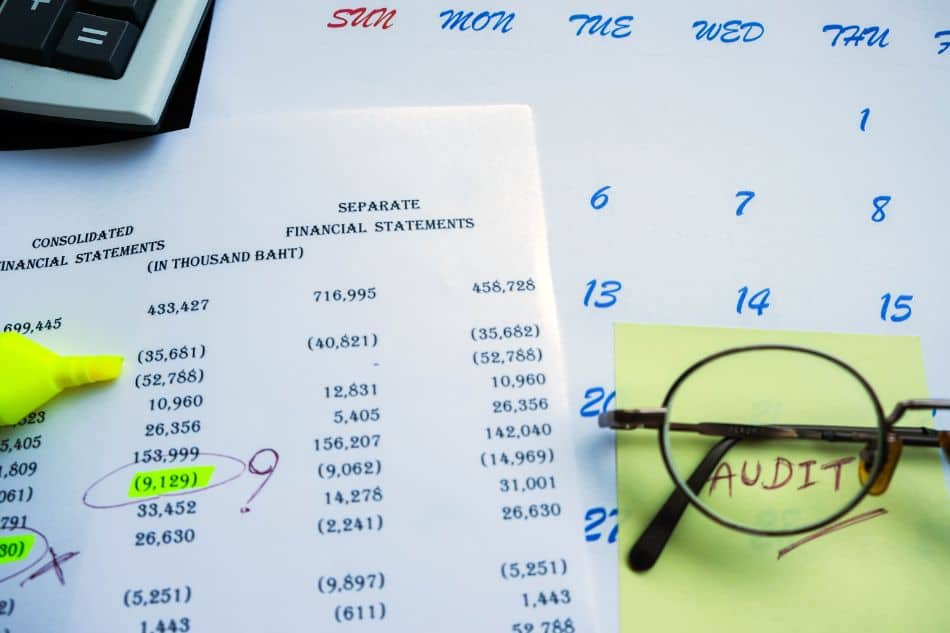Singapore’s thriving economy offers immense opportunities for small businesses, and understanding the nuances of Goods and Services Tax (GST) filing is crucial for their success. GST, a value-added tax, plays a pivotal role in Singapore’s tax landscape. For small businesses, staying compliant with GST regulations is not just about legal adherence; it also reflects on their financial health and credibility.
Step-by-Step Guide to Registering for GST Filing in Singapore
Eligibility and Registration Criteria
Firstly, let’s dive into who needs to register for GST. Companies that have yearly sales of more than S$1 million are required to register for GST. However, if your turnover is below this threshold, you can opt for voluntary registration, which has its benefits, like claiming back the GST incurred on business purchases.
The Registration Process
Registration involves a few clear steps. Start by preparing necessary documents, like financial statements and business details. Then, submit your application through the Inland Revenue Authority of Singapore (IRAS) portal. Post submission, IRAS typically takes about two to four weeks to process your application.
Decoding the GST Filing Process: What Small Businesses Need to Know
Understanding GST Filing Requirements
Once registered for GST filing Singapore, you need to file GST returns periodically, typically every quarter. It involves declaring your output tax (GST collected on sales) and input tax (GST paid on purchases). The difference between these amounts is what you’ll either pay to or claim from IRAS.
Types of GST Returns
There are various forms for different scenarios. For standard businesses, the GST F5 form is used. If there are adjustments to be made to past returns, the GST F7 form comes into play. It’s important to get familiar with these forms to ensure accurate filing.
Common Mistakes to Avoid in GST Filing for Small Businesses
Overlooking Record-Keeping Requirements
Many small businesses fall short of maintaining detailed financial records. It’s crucial to keep comprehensive records of all transactions, as these are the foundation of your GST filings. Failure to do so can lead to inaccuracies in your returns.
Misunderstanding GST on Overseas Transactions
GST on overseas transactions is often misunderstood. If you’re importing goods or buying services from abroad, you need to account for GST. This aspect of GST is intricate and requires a clear understanding to avoid costly errors.
Incorrectly Classifying Goods and Services
Misclassifying the GST rate for certain goods or services is a common pitfall. Some items might be exempt or subject to a different GST rate. Ensure you classify your goods and services correctly to avoid miscalculating your GST dues.
Late Filing and Payments
Timeliness is key. Late GST filings and payments attract penalties. Setting reminders and keeping a close eye on deadlines can help you stay on track and avoid unnecessary fines.
The Role of Audit Companies in Simplifying GST Compliance
Understanding How Audit Firms Help
For small businesses in Singapore, managing Goods and Services Tax (GST) can be daunting. This is where the audit company in Singapore come into play. They provide expert guidance, ensuring compliance and accuracy in GST filings. These firms help businesses understand the complexities of GST laws, offering tailored advice to avoid common pitfalls.
Services Offered by Audit Companies
The audit company Singapore offers a range of services. They assist in preparing and filing GST returns and conducting thorough reviews of financial records to ensure accuracy. Additionally, they offer advisory services, helping businesses make informed decisions about GST-related matters.
Leveraging Technology for Efficient GST Filing
Embracing Modern Solutions
In today’s digital age, technology plays a crucial role in simplifying GST filing. There are various GST software solutions available that streamline the process. These tools automate calculations, reducing the likelihood of errors and saving valuable time.
Benefits of Technology in GST Compliance
Using technology for GST filing in Singapore brings several advantages. It enhances accuracy, ensures timely submissions, and keeps businesses updated with the latest GST regulations. These tools often come with features like data analytics, providing valuable insights into financial performance.
Navigating GST Exemptions and Claims
Identifying Eligible Exemptions
Understanding GST exemptions and claims is crucial for small businesses. This involves identifying which goods or services are exempt from GST and understanding the criteria for eligibility. Proper knowledge of these exemptions can significantly impact a business’s financial health.
Claiming Process
The process for claiming exemptions and GST rebates requires careful documentation and adherence to specific procedures. Audit companies can guide businesses through this process, ensuring that all claims are legitimate and compliant with the law.
Keeping Up with GST Changes
Staying Informed
The GST landscape is constantly evolving. Staying informed about the latest changes is essential for compliance. Businesses can subscribe to updates from the Inland Revenue Authority of Singapore (IRAS) and rely on their audit firm for the latest information.
Importance of Ongoing Education
Ongoing education in GST matters is vital. This might involve attending seminars, workshops, or webinars. Being proactive in understanding GST changes can save businesses from costly mistakes and penalties.
Tips for Smooth Interaction with the Inland Revenue Authority of Singapore (IRAS)
Building a Positive Relationship
Interacting effectively with IRAS is key. Building a positive relationship with IRAS involves clear communication, timely responses to queries, and being cooperative during audits. This helps in fostering a relationship based on trust and professionalism.
Navigating Complexities with IRAS
Understanding the intricacies of IRAS procedures and regulations is crucial for businesses. Expert guidance from professionals ensures a smooth interaction, from routine queries to audits, fostering compliance and minimizing potential issues. Working seamlessly with IRAS becomes a strategic advantage with the right insights and expertise in place.
Handling Audits and Inquiries
Facing audits or inquiries from IRAS demands meticulous preparation and transparency. Providing accurate and comprehensive information promptly is not only crucial for compliance but also establishes credibility. The support of a reputable audit company in Singapore is invaluable. Their expertise offers guidance, ensuring a smooth process, and providing expert representation when needed, instilling confidence and peace of mind.
Read More Such Interesting Articles Just Like – Congratulatory Flower Stand: The Perfect Gesture of Celebration




